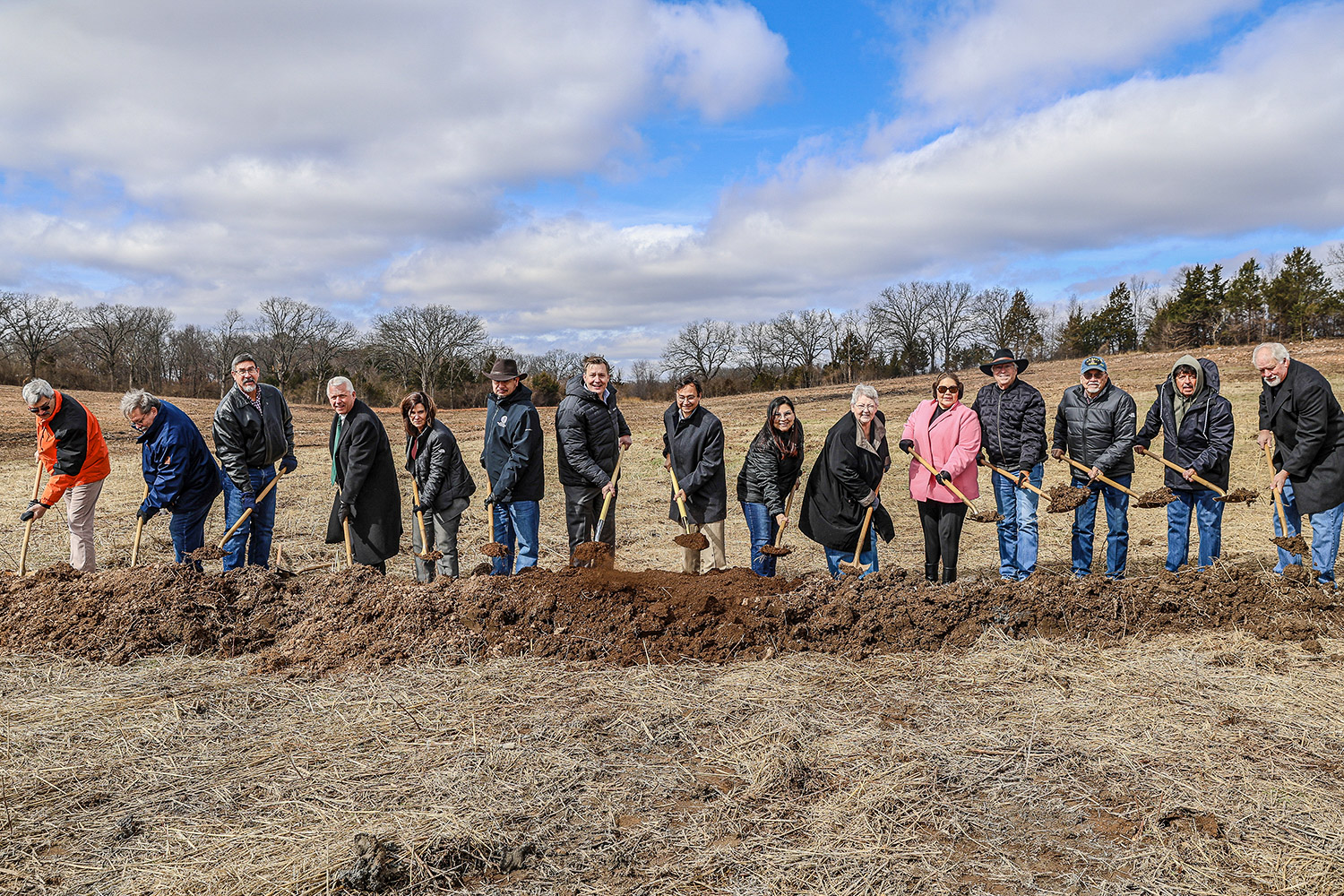Indianz.Com > News > Indian Country sees progress on Native American Housing Assistance and Self-Determination Act
Indian Country sees progress on Native American Housing Assistance and Self-Determination Act
Monday, August 7, 2023
Indianz.Com
Indian Country is finally seeing progress on a long-overdue update to the Native American Housing Assistance and Self-Determination Act (NAHASDA) although victory is not yet at hand.
On July 27, the U.S. Senate passed S.2226, the National Defense Authorization Act for Fiscal Year 2024, by a bipartisan vote of 86 to 11. The measure, which runs thousands of pages, represents a significant win for tribal nations, as it contains an amendment to reauthorize NAHASDA, the cornerstone of Indian housing law and policy.
Ever since NAHASDA expired a decade ago, tribes and their advocates have been trying to convince the U.S. Congress to update the law. Funding for Indian housing projects, for example, has remained stagnant since 2013 amid rising costs and inflation.
But the inclusion of NAHASDA in S.2226 means that tribes are closer than ever to success. The bill, commonly known as the NDAA, is considered must-pass in Congress.
“The success of NAHASDA and tribal housing programs stems from NAHASDA’s self-determination roots which allow tribes to develop their own Indian housing plan to fit the housing needs and priorities of their communities, and it also provides the flexibility tribes need to carry out their programs,” National American Indian Housing Council (NAIHC) Chairman Thomas Lozano said after passage of the NDAA on July 27.
“Tribes know best how to take care of their own citizens,” said Lozano, who also serves as treasurer of the Enterprise Rancheria, headquartered in California.

Search
Filed Under
Tags
More Headlines
Secretary Burgum observes ancestral Native footprints in New Mexico
Cronkite News: Native collective fosters creativity among youth
Arizona Mirror: Alert system in the works for missing endangered relatives
Native America Calling: Tribes challenge states on remaining roadblocks to gaming
New Mexico In Depth: ‘Turquoise Alert’ system established for missing relatives
Montana Free Press: Indigenous Peoples Day closer to reality in Montana
Cronkite News: Navajo Nation forced to accept transportation of uranium through reservation
Native America Calling: Is it the end of civil rights complaints in schools?
Cronkite News: President Trump targets Smithsonian in another anti-DEI effort
Native America Calling: Counteracting a pollinator crisis
Cronkite News: Arizona State University hosts annual powwow
Chickasaw Nation citizen T.W. Shannon joins Department of Agriculture
NAFOA: 5 Things You Need to Know this Week (April 14, 2025)
Bryan Warner: Cherokee Nation invests in food sovereignty
Native America Calling: Tribal libraries, museums, low-income heating and food sovereignty on the chopping block
More Headlines
Cronkite News: Native collective fosters creativity among youth
Arizona Mirror: Alert system in the works for missing endangered relatives
Native America Calling: Tribes challenge states on remaining roadblocks to gaming
New Mexico In Depth: ‘Turquoise Alert’ system established for missing relatives
Montana Free Press: Indigenous Peoples Day closer to reality in Montana
Cronkite News: Navajo Nation forced to accept transportation of uranium through reservation
Native America Calling: Is it the end of civil rights complaints in schools?
Cronkite News: President Trump targets Smithsonian in another anti-DEI effort
Native America Calling: Counteracting a pollinator crisis
Cronkite News: Arizona State University hosts annual powwow
Chickasaw Nation citizen T.W. Shannon joins Department of Agriculture
NAFOA: 5 Things You Need to Know this Week (April 14, 2025)
Bryan Warner: Cherokee Nation invests in food sovereignty
Native America Calling: Tribal libraries, museums, low-income heating and food sovereignty on the chopping block
More Headlines